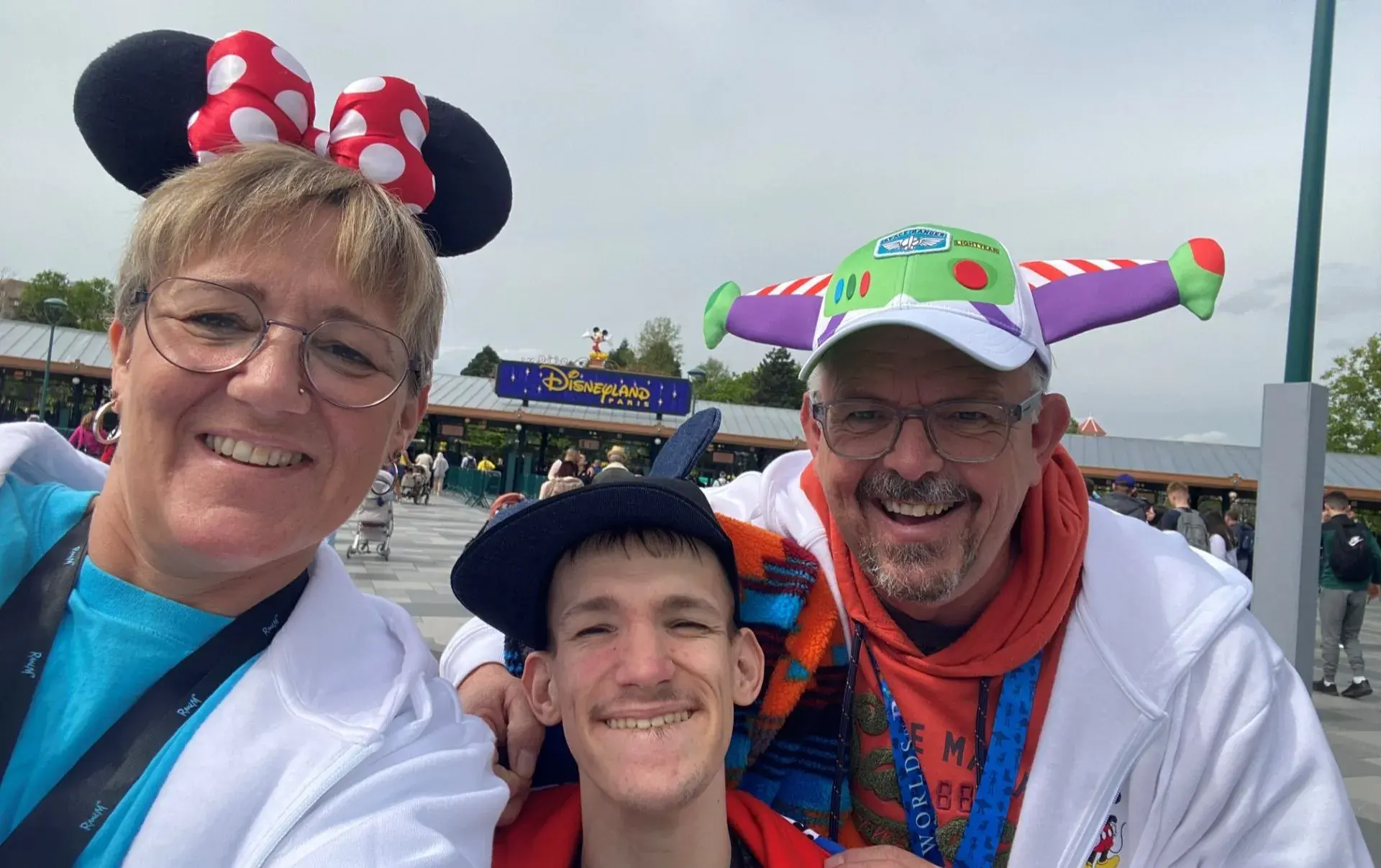Forest Holme Hospice’s Strictly Extravaganza raises a glittering £80,000
January 2025 – Forest Holme Hospice Charity’s second Strictly Extravaganza dazzled audiences at the Poole Lighthouse on Saturday...


January 2025 – Forest Holme Hospice Charity’s second Strictly Extravaganza dazzled audiences at the Poole Lighthouse on Saturday...

Remember lost loved ones at this Friday 8 November 2024 (7pm) candlelit event in aid of University Hospitals Dorset NHS Charity....

Teams from across Dorset and the New Forest have raised vital funds for Forest Holme Hospice at Coles Miller's Charity Quiz Night....

Coles Miller medical negligence solicitors helped a grandmother to claim £100,000+ compensation after her gallbladder operation...
.png)
September 19, 2024

Dorset law firm Coles Miller has been named as the first Hidden Disability Friendly business by charity Growing Compassionate...

Record numbers of dementia cases make it more important than ever to have valid powers of attorney and an up-to-date will, warn...

Coles Miller Solicitors raised more than £1,000 for this year’s Macmillan Dorset Bike Ride – sponsoring the event for the fifth...

Bringing dreams to life: Coles Miller recently facilitated a dream come true for Charlie, who suffered from cerebral palsy due to...

Coles Miller Solicitors has promoted Jenny Oxley to Partner, and Marie Harder, Ricky Langlois and Patrick Herklots to Associates....

Coles Miller are very proud to support Emma-Marie's performance of the Mystery Sonatas with the Phantasia Ensemble. Read more...